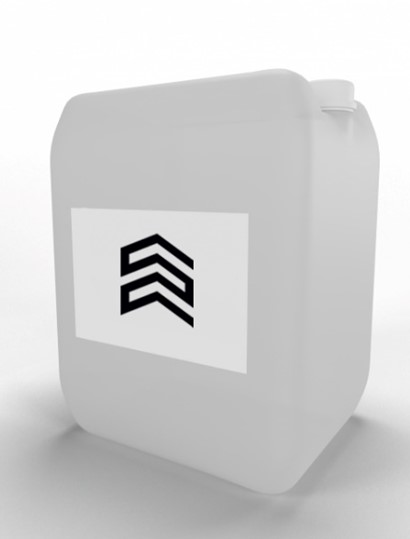Iran announced the US had offered to defer sanctions in exchange for uranium.
The United States agreed to give Iran a three-month grace period before reinstating UN Security Council sanctions, provided it hands over its entire batch of enriched uranium. This was announced by Iranian PressTV channel President Masoud Pezeshkian. This was also reported by the Al Arabia website.
"[The US] wants us to give them all our enriched uranium, and in return they give us three months, which is unacceptable in any case," he said.
Pezeschkian noted a fundamental disagreement with the United States over the snapback mechanism (the mechanism that would reinstate UN Security Council sanctions against Iran). "We have reached an agreement with the European parties, but the American view is different... We have not reached an understanding regarding the snapback mechanism," he clarified.
According to him, the US will most likely insist on the return of sanctions in a few months.
The Joint Comprehensive Plan of Action (JCPOA, or the Iran nuclear deal) expires on October 18, 2025. On September 26, the UN Security Council rejected a resolution by Russia and China to extend it. Four countries voted in favor, nine against, and two abstained. This resolution was the last chance to prevent the reimposition of international sanctions initiated by the European signatories of the Iran nuclear deal— the United Kingdom , Germany , and France . The process they launched enters the next stage on September 27.
The Joint Comprehensive Plan of Action (JCPOA), or the Iran nuclear deal, is a document under which Iran, in exchange for the lifting of international sanctions, agrees to limit its nuclear program and renounce the development of nuclear weapons. The JCPOA was signed in Vienna in the summer of 2015. The document was approved by UN Security Council Resolution 2231 in July 2015. In 2018, US President Donald Trump announced his country's withdrawal from the JCPOA and the imposition of additional sanctions against Iran. Tehran complied with its obligations for another year, and in 2019 announced that it had suspended them.
On January 20, Iranian Foreign Ministry spokesman Esmail Baghaei said Tehran would withdraw from the Nuclear Non-Proliferation Treaty (NPT) if Western countries initiated renewed international sanctions at the UN Security Council . "Iran has never discussed or spoken with anyone about its defense or military potential. <...> However, if the snapback mechanism is activated, our response will be symmetrical. We will have no reason to remain a party to certain treaties," he said.
The Russian Foreign Ministry told RBC that Russia views Iran's announcements of a possible withdrawal from the NPT as a warning in response to Western countries' threats to reinstate international sanctions against Tehran.
ReadPIONERPRODUKT .by inTELEGRAM .





























































